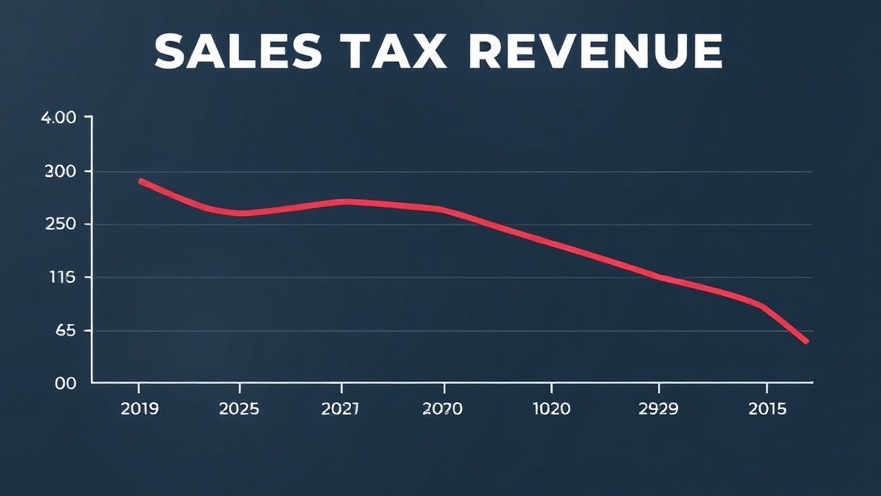
Texas Cities Grapple with Budget Constraints Amid Economic Challenges
Over the past few years, many Texas cities and counties have found themselves tightened by economic constraints. Despite the growing population and bustling economies in places like Fort Worth, local governments are struggling to make ends meet.
The Impact of Economic Uncertainty
As inflation rates soar and economic stability wanes, cities are confronted with dwindling sales tax revenues. This is a critical issue, particularly in large cities where funds from sales taxes support essential services such as law enforcement and fire departments. For instance, Fort Worth, which recently became the fourth Texas city to exceed a population of a million, is facing nearly a $17 million budget deficit, prompting city officials to consider cutting spending or increasing taxes.
Sales Tax Revenue: A Deeper Dive
Traditionally, sales tax revenue has been the lifeblood for city budgets across Texas. However, after experiencing rapid growth during the pandemic due to increased consumer spending, those figures have stagnated. In Austin, sales tax revenues surged over 21% in 2022, but expectations for the upcoming fiscal year predict flat growth. This trend is visible statewide, as consumers allocate more of their budgets to necessities like housing and food—purchases that do not contribute to local sales tax revenues.
Consumer Confidence and Spending Patterns
The waning consumer confidence in the economy plays a crucial role in this scenario. Families are pulling back on discretionary spending, and the uncertainty brought on by geopolitical factors, such as trade wars and immigration policies, only adds to the complex budget scenarios that cities must navigate.
Future Predictions and Expected Shortfalls
Looking ahead, many Texas cities anticipate ongoing budget difficulties. City planners predict that budget shortfalls are not just an immediate challenge but a long-term issue that could lead to further cuts in essential services or tax increases for residents. This environment potentially jeopardizes vital services that keep communities functioning smoothly.
The Local Perspective: Voices from Citizens
Residents feel the impact of these budget constraints. City services that directly affect the quality of life, such as public safety and infrastructure maintenance, could face reductions. This has led to discussions within community forums about prioritizing funding and ensuring that critical services are not compromised in the face of fiscal challenges.
The Importance of Effective Budgeting Strategies
Local governments are tasked with finding effective solutions to their budget woes. Creative budgeting strategies and advocacy for reassessing state limits on property tax collections must be priorities if Texas cities wish to maintain their growth trajectories. Collaborating with state officials may yield essential legislative changes that could help stabilize local revenues.
Actionable Insights for Community Involvement
Engaging community members in understanding fiscal responsibilities and encouraging discussions around budget priorities can lead to informed voting and community initiatives. Local residents can advocate for transparency and innovative budgeting practices, ensuring that their needs and concerns are adequately represented in local government decisions.
Conclusion: The Road Ahead for Texas Cities
As Texas cities navigate economic uncertainties and evolving budget realities, active engagement and advocacy from the community can shape a more resilient future. It is essential for residents, officials, and stakeholders to unite in discussions about fiscal health and the future of Texas cities.
Residents who want to learn more about how these economic trends affect their communities and how they can take action are encouraged to stay informed and engage with local government meetings.
 Add Element
Add Element  Add Row
Add Row 



Write A Comment